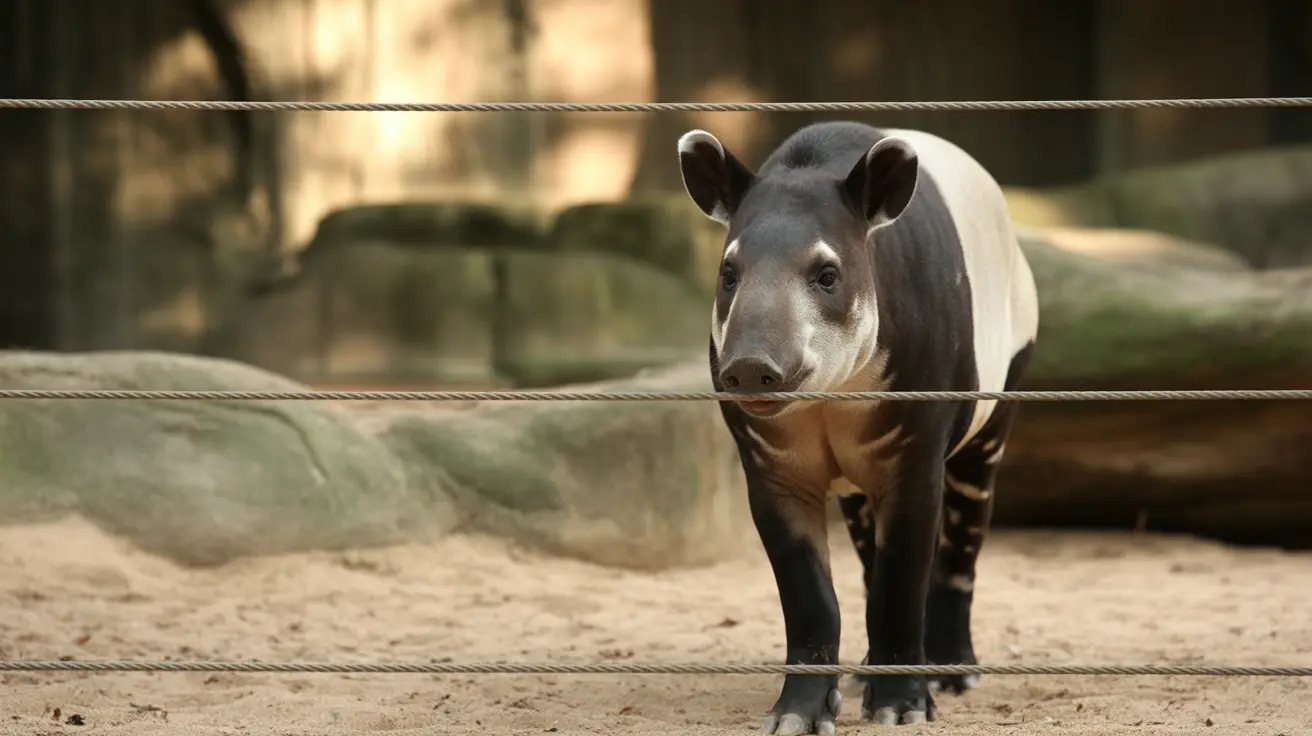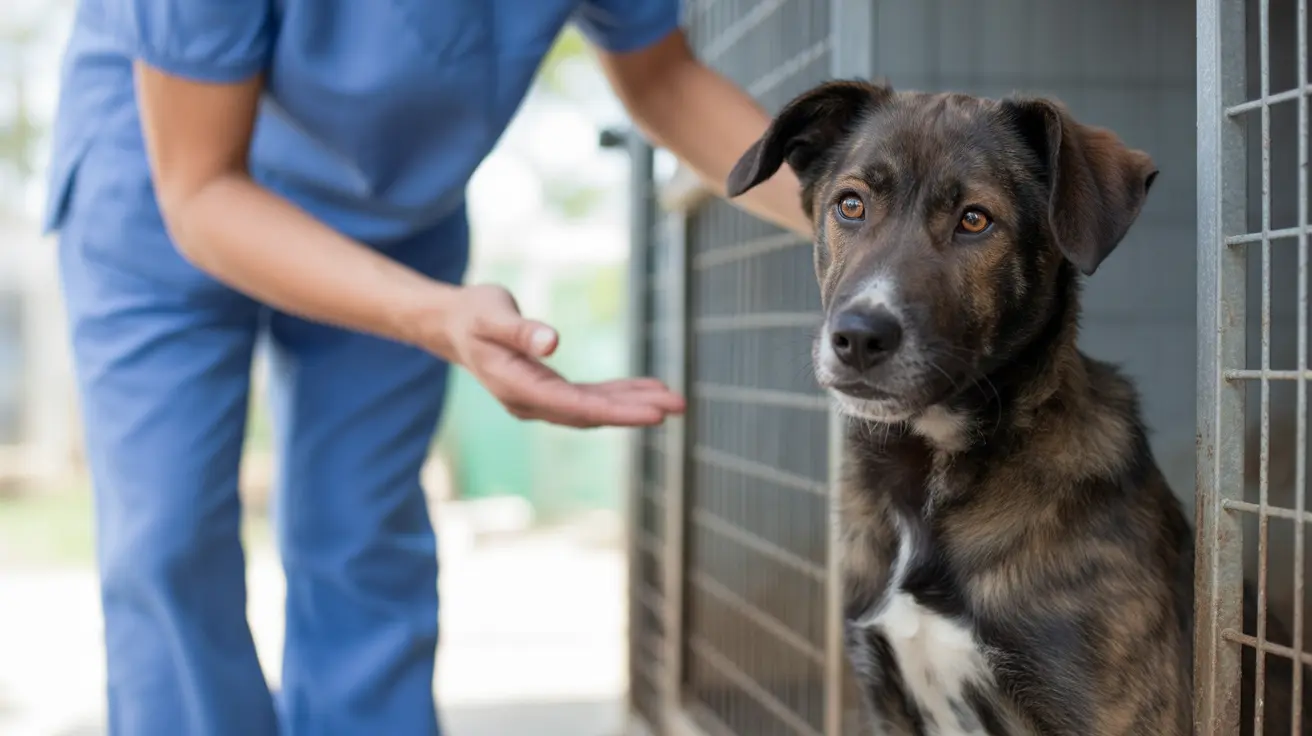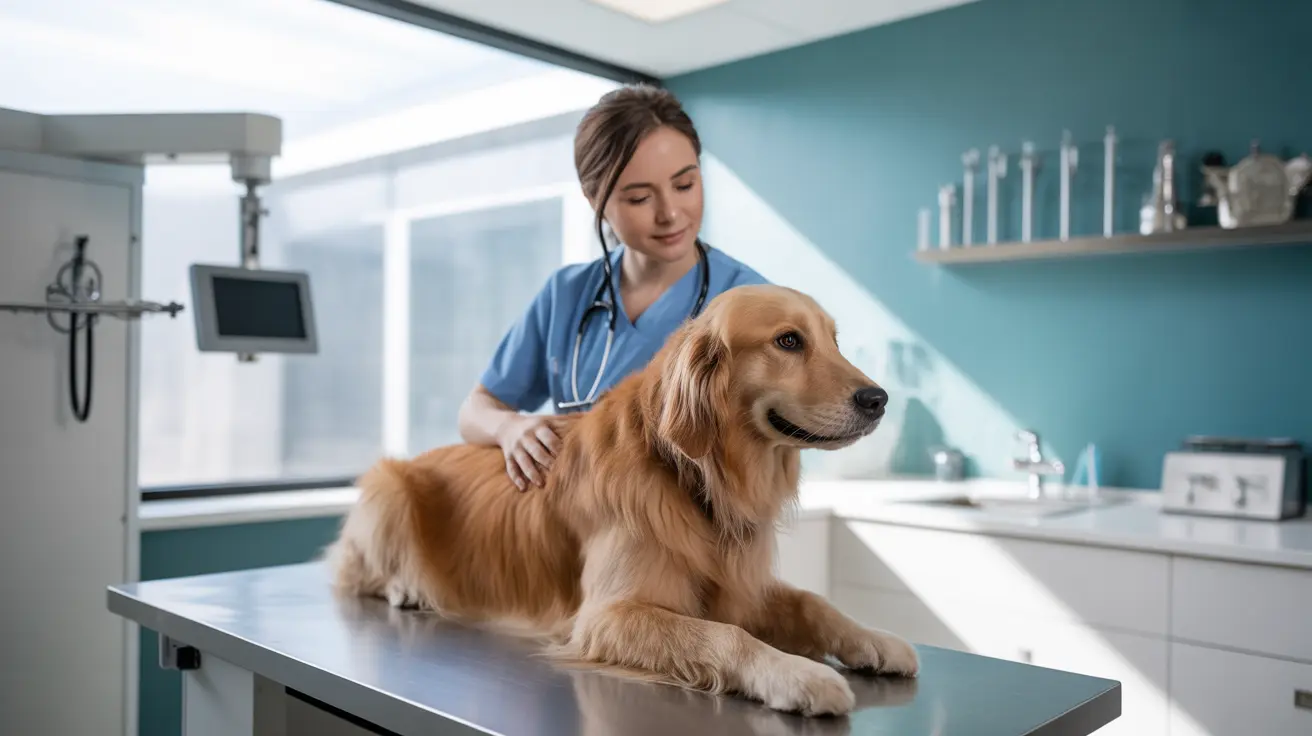The Rise and Responsibilities of French Bulldog Ownership
French Bulldogs have achieved unprecedented popularity, securing their position as America's most beloved dog breed and maintaining the coveted No. 1 AKC ranking through 2024. Their irresistible combination of compact size, affectionate personality, and remarkable adaptability to urban environments has made them the preferred choice for both city dwellers and families across the nation.
However, beneath their charming exterior lies a complex reality that prospective owners must carefully consider. From significant health challenges and ethical breeding concerns to substantial financial commitments, Frenchie ownership demands a level of dedication that extends far beyond their adorable appearance and loving nature.
This comprehensive guide explores the French Bulldog phenomenon, examining their soaring popularity, inherent health challenges, and the responsibilities of ethical ownership—providing essential insights for anyone considering bringing this beloved breed into their home.
The Unprecedented Rise in French Bulldog Popularity
The meteoric ascent of French Bulldogs in the AKC top dog breeds of 2024 represents a remarkable shift in American pet preferences. Current dog breed registration stats reveal that one in every seven new dog registrations is a French Bulldog, showcasing their extraordinary appeal. This surge in popularity is particularly evident in major urban centers, where they dominate as one of the most popular city dog breeds.
Understanding the Appeal
As compact dog breeds go, French Bulldogs offer an optimal combination of traits that make them especially suitable for modern living. Their adaptable nature, minimal exercise requirements, and affectionate temperament have earned them recognition among the most sought-after city-friendly dog breeds. Whether you're in a high-rise apartment or a suburban home, a Frenchie's easygoing personality and small size allow them to thrive in a variety of environments, making them an excellent choice for first-time dog owners and busy professionals alike.
Critical Health Considerations
Despite their popularity, French Bulldog health issues present significant challenges for owners. According to comprehensive dog breed health statistics, a large portion of Frenchies experience lifelong health concerns that may require veterinary intervention, special care, or even surgeries.
- Over 72% face at least one major health condition
- 60% require surgical intervention for breathing difficulties
- Cesarean births in French Bulldogs occur at four times the rate of other breeds
- Their lifespan averages 10-12 years, shorter than comparable small breeds
The unique physical characteristics that make French Bulldogs endearing—their short snouts, compact build, and distinctive wrinkles—also contribute to their vulnerability to respiratory, orthopedic, and dermatological conditions. Owners should be prepared for frequent vet visits, ongoing monitoring for common problems like brachycephalic obstructive airway syndrome, skin infections, and spinal issues.
Financial Implications of Healthcare
French Bulldog vet costs represent a substantial ongoing commitment. The majority of owners report annual medical expenses exceeding $4,000, with emergency procedures potentially reaching $10,000 or more. These high-maintenance dog breeds require consistent medical attention and preventive care to manage chronic conditions and minimize health risks. Prospective owners must factor these expenses into their long-term financial planning, ensuring they can provide high-quality care throughout the dog's life.
Ethical Breeding and Ownership
The surge in French Bulldog popularity has unfortunately led to concerning trends in unethical Frenchie breeding practices. The breed's high value has also resulted in increased French Bulldogs stealing cases, highlighting the importance of responsible Frenchie ownership. Many dogs are bred irresponsibly, prioritizing profit over health and well-being, which can result in dogs with severe inherited issues and compromised quality of life.
Guidelines for Ethical Selection
When choosing a French Bulldog, prospective owners should carefully consider the source and standards upheld by breeders or rescues. Ethical selection not only benefits the breed but also increases the chances of welcoming a healthy and well-adjusted dog into your family. Prospective owners should:
- Verify comprehensive health testing and request documentation of genetic screenings for common French Bulldog conditions.
- Research breeder credentials thoroughly, looking for affiliations with reputable organizations and positive references from past clients.
- Consider adoption from reputable rescues, ensuring that dogs receive necessary medical care and are placed in suitable homes.
- Understand and prepare for special care requirements, such as daily hygiene routines and temperature sensitivity.
By following these guidelines, aspiring owners contribute to the well-being of individual dogs and the broader health of the French Bulldog breed.
Essential Care Requirements
French Bulldogs have distinct needs that set them apart from other breeds. Committed care is crucial for their comfort, health, and longevity. Successful French Bulldog care tips focus on their unique needs:
- Temperature regulation: Frenchies are prone to heat stress and must be kept in environments below 80°F. Avoid exposure to hot weather and ensure access to cool, shaded areas during walks or outdoor play.
- Daily wrinkle cleaning and maintenance: Their facial folds should be gently cleaned and thoroughly dried every day to prevent irritation and infection.
- Controlled exercise routines: While they require physical activity, strenuous exercise should be limited to avoid respiratory distress. Short, gentle walks and indoor play are ideal.
- Specialized nutrition plans: A balanced, vet-recommended diet supports their unique metabolism and helps maintain healthy weight, which is crucial for minimizing health risks.
Regular veterinary check-ups, preventative treatments, and a keen eye for any changes in behavior or health will further contribute to your French Bulldog's well-being.
Frequently Asked Questions
- Why are French Bulldogs so popular in the US?
- Their compact size, affectionate nature, and adaptability make them ideal for city living and for families seeking a companion that fits in with busy urban lifestyles.
- What AKC ranking do French Bulldogs hold in 2024?
- They are the No. 1 most popular breed in the AKC rankings for 2024, surpassing all other breeds in registrations and demand.
- What are the main health concerns for French Bulldogs?
- They face significant breathing problems due to their short snouts, joint issues from their compact stature, and up to 72.4% experience major health problems, making attentive care essential.
- Why do French Bulldogs often require cesarean sections?
- Their broad, blocky heads and narrow hips make natural birth difficult, resulting in a cesarean section rate that is four times higher than most other breeds.
- Are French Bulldogs targeted for theft?
- Yes, the combination of their high monetary value and overwhelming popularity has made them frequent targets for theft, especially in cities. Owners should be mindful of securing their pets and avoiding risky situations.
- What are the typical veterinary costs for French Bulldog owners?
- Owners should expect high annual vet bills, often exceeding $4,000, due to frequent health issues and the specialized care French Bulldogs require.
- What ethical concerns exist with French Bulldog breeding?
- The breed’s demand has fueled unethical breeding practices, such as irresponsible, high-volume breeding that can increase the risk of genetic diseases and poor welfare for puppies and adult dogs.
- What should prospective owners consider before getting a French Bulldog?
- They must be prepared for ongoing health care costs, select responsible, ethical sources, and commit to meeting the breed's special needs, including daily maintenance and lifestyle adjustments.
- How can you find a responsible French Bulldog breeder?
- Look for breeders who follow AKC standards, prioritize dog health over profit, are transparent about health testing, and allow you to visit their facilities and meet the parents.
- Are French Bulldogs suitable for apartment living?
- Yes, their small size, low activity needs, and gentle temperament make them exceptionally well-suited to apartment living and life in densely populated urban areas.
While French Bulldogs continue to capture hearts across America, successful ownership requires a clear understanding of their needs and challenges. By approaching Frenchie ownership with knowledge, preparation, and commitment to ethical practices, owners can provide these beloved companions with the quality of life they deserve while contributing to the breed's positive future.






